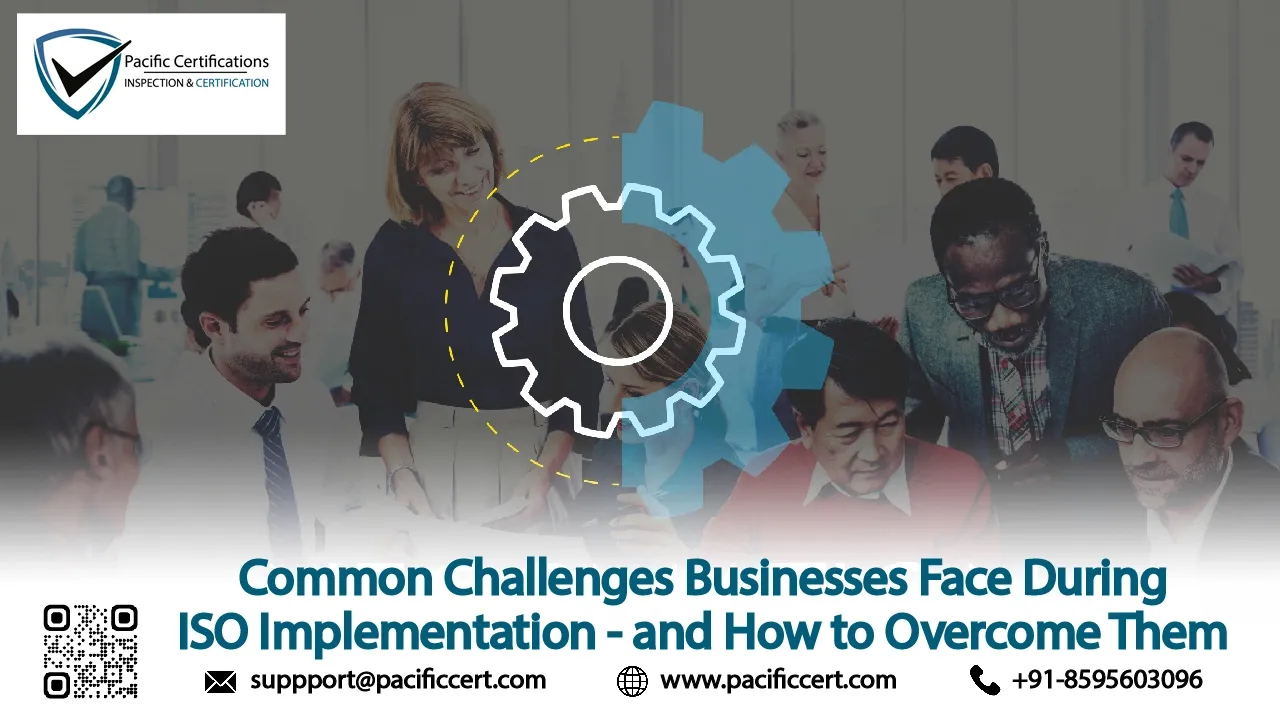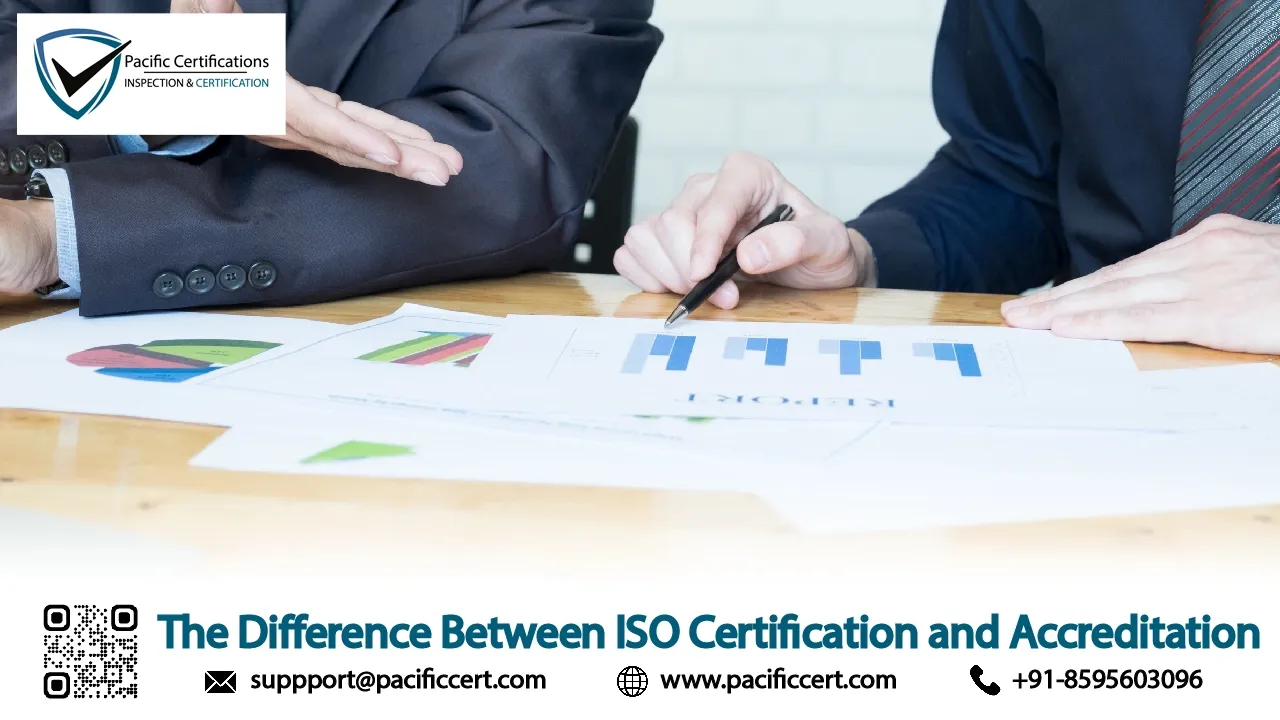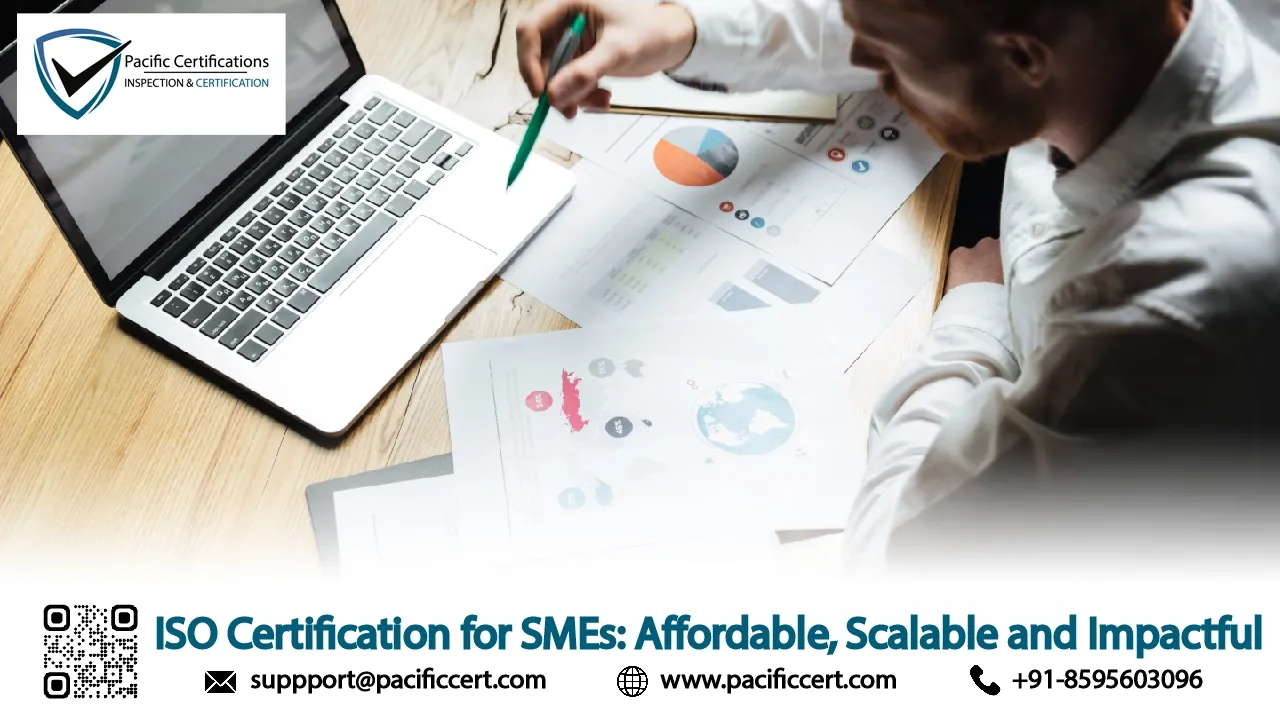
Introduction
In today’s rapidly evolving technological landscape, artificial intelligence (AI) is no longer just a buzzword; it’s a transformative force across industries. As organisations integrate AI into their operations, the importance of maintaining quality, safety, and consistency becomes even more crucial. This is where ISO (International Organization for Standardization) standards come into play. The correlation between ISO standards and AI is creating a foundation for reliable, ethical, and efficient AI-driven processes, driving innovation while safeguarding quality
This blog explores how AI-driven companies can benefit from ISO certifications, ensuring compliance with industry standards and demonstrating a commitment to quality, security, and transparency.
Why ISO Certifications Matter for AI-Driven Companies
Building Trust and Credibility
Let’s face it, if you’re running an AI company, trust isn’t optional; it’s foundational. Clients and partners these days are hyper-aware of data privacy, security gaps, and whether your algorithms are actually fair or just another black box. That’s why ISO certifications matter so much. They’re not just some checkbox exercise, these are global standards that show you take quality, information security, and even the environment seriously. Having those certifications on your deck? It sends a clear message: you’re credible, and you’ve got processes in place that people can actually rely on. In this space, that’s a huge edge.
Achieving certifications like ISO 27001:2022 Information Security Management Systems shows that a company is committed to securing sensitive information, which is essential for AI companies handling vast amounts of data.
Ensuring Compliance with International Standards
AI companies operate in a global environment where different regions have different regulatory standards. ISO certifications, such as ISO 9001:2015 Quality Management System and ISO 14001:2015 Environmental Management Systems, help businesses align their operations with international regulations. This ensures compliance with the legal requirements of different markets and can reduce the risk of legal complications.
Key ISO Certifications for AI-Driven Tech Companies
ISO 27001:2022 Information Security Management Systems: Protecting Sensitive Data
ISO/IEC 27001 is the world's best-known standard for information security management systems (ISMS). It defines requirements an ISMS must meet. The ISO/IEC 27001 standard provides companies of any size and from all sectors of activity with guidance for establishing, implementing, maintaining and continually improving an information security management system.
Conformity with ISO/IEC 27001 means that an organization or business has put in place a system to manage risks related to the security of data owned or handled by the company, and that this system respects all the best practices and principles enshrined in this International Standard.
ISO 9001:2015 Quality Management System: Enhancing Operational Efficiency
ISO 9001 is a globally recognized standard for quality management. It helps organizations of all sizes and sectors to improve their performance, meet customer expectations and demonstrate their commitment to quality. Its requirements define how to establish, implement, maintain, and continually improve a quality management system (QMS). Implementing ISO 9001 means your organization has put in place effective processes and trained staff to deliver flawless products or services time after time.
ISO 45001:2018 Occupational Health & Safety: Prioritizing Employee Well-Being
ISO 45001 is an international standard that specifies requirements for an occupational health and safety (OH&S) management system. It provides a framework for organizations to manage risks and improve OH&S performance. The standard establishes criteria for an OH&S policy, objectives, planning, implementation, operation, auditing and review. Key elements include leadership commitment, worker participation, hazard identification and risk assessment, legal and regulatory compliance, emergency planning, incident investigation and continual improvement.
ISO 14001:2015 Environmental Management Systems: Sustainability in AI Development
ISO 14001 is the internationally recognized standard for environmental management systems (EMS). It provides a framework for organizations to design and implement an EMS, and continually improve their environmental performance. By adhering to this standard, organizations can ensure they are taking proactive measures to minimize their environmental footprint, comply with relevant legal requirements, and achieve their environmental objectives. The framework encompasses various aspects, from resource usage and waste management to monitoring environmental performance and involving stakeholders in environmental commitments
ISO 50001:2018 Energy Management: Efficient Resource Management
ISO 50001 is based on the management system model of continual improvement also used for other well-known standards such as ISO 9001 or ISO 14001. This makes it easier for organizations to integrate energy management into their overall efforts to improve quality and environmental management.
The Benefits of ISO Certifications for AI-Driven Companies
Why ISO Certifications Actually Matter for AI Companies
Let’s cut to the chase: in AI, ISO certifications aren’t just a nice-to-have. They’re your foot in the door, especially when everyone’s fighting for the same clients. Prospects, especially the big fish, want proof you’re not just another startup playing dress-up. Certifications like ISO 9001 or 27001? They’re basically shorthand for “we know what we’re doing.” In high-stakes fields like healthcare or finance, skipping out on them isn’t even an option. No one’s going to trust you with sensitive data or critical systems if you can’t show you’re legit.
ISO: Streamlining the Chaos
Getting ISO certified isn’t just about bragging rights. It’s about tightening up your internal game. With proper standards in place, your team stops spinning its wheels on busywork and pointless errors. Workflows get smoother, you waste less, and suddenly you’re delivering AI solutions quicker—and cheaper. In a market where speed and efficiency win deals, that’s not just a bonus. It’s survival.
Going Global, No Sweat
Here’s another perk: ISO certifications are like a universal stamp of approval. They open doors in markets you might otherwise never reach. Whether you’re eyeing Europe, Asia, or the Americas, clients see those certs and immediately know you play by international rules. That kind of credibility? It leads to new partnerships, collaborations, and business you might’ve missed out on. Basically, ISO makes the world a little smaller—and your opportunities a whole lot bigger.
How to Achieve ISO Certification for Your AI-Driven Tech Company
Step 1: Assess Your Company’s Needs
Before jumping into the ISO certification process, companies really need to take a step back and evaluate which certifications actually make sense for their core business objectives. Seriously, not every certification is going to deliver value across the board. If your main concern is data security, ISO 27001 should be at the top of your list. On the other hand, if you’re focused on tightening up your operations and driving efficiency, ISO 9001 is probably the way to go. Bottom line: do your homework first. Align your certification efforts with your company’s priorities instead of chasing every shiny badge out there. That’s just smart business.
Step 2: Develop and Implement Necessary Processes
Achieving ISO certification requires establishing and documenting policies, processes, and systems that align with the chosen standard. For example, companies pursuing ISO 27001 must establish a comprehensive information security management system to protect sensitive data. This step involves significant collaboration between various departments, including IT, operations, and HR.
Step 3: Conduct an Internal Audit
Once the necessary processes are in place, an internal audit is performed to ensure compliance with ISO standards. This audit helps identify areas for improvement before the external certification body conducts their audit.
Step 4: External Certification Audit
An accredited third-party certification body will assess the company’s operations and processes to verify compliance with the selected ISO standard. Upon successful completion of the audit, the company will receive ISO certification.
Step 5: Maintain and Improve Compliance
ISO certification is not a one-time achievement; it requires ongoing efforts to maintain and improve compliance. AI companies must regularly review and update their processes to ensure continued alignment with ISO standards and maintain their certification.
Contact Us
Ready to take your AI-driven company to the next level with ISO certifications? Pacific Certifications can guide you through the process of achieving ISO standards and enhancing your business credibility.
Contact us today!
- Email: support@pacificcert.com
- Website: https://pacificcert.com
FAQ
1. Why should an AI-driven company pursue ISO certifications?
ISO certifications help AI companies build trust, ensure regulatory compliance, improve operational efficiency, and gain a competitive edge in the marketplace. Certifications like ISO 27001 and ISO 9001 are especially valuable in the AI industry to demonstrate commitment to quality, security, and customer satisfaction.
2. How long does it take to get ISO certification?
The time to achieve ISO certification varies depending on the company’s size, complexity, and the certification process. Typically, it takes several months to implement necessary changes, conduct internal audits, and complete the external certification audit.
3. Which ISO certifications are essential for AI companies?
For AI companies, essential certifications include ISO 27001 for information security, ISO 9001 for quality management, ISO 45001 for occupational health and safety, and ISO 14001 for environmental management. The certifications chosen should align with the company’s business goals and industry focus.
4. How much does ISO certification cost?
The cost of ISO certification varies depending on the size and complexity of the company, as well as the specific ISO standard being pursued. The investment in certification pays off by improving business operations, meeting regulatory requirements, and building customer trust.
Ready to get ISO certified?
Contact Pacific Certifications to begin your certification journey today!
Suggested Certifications –
Read more: Pacific Blogs



